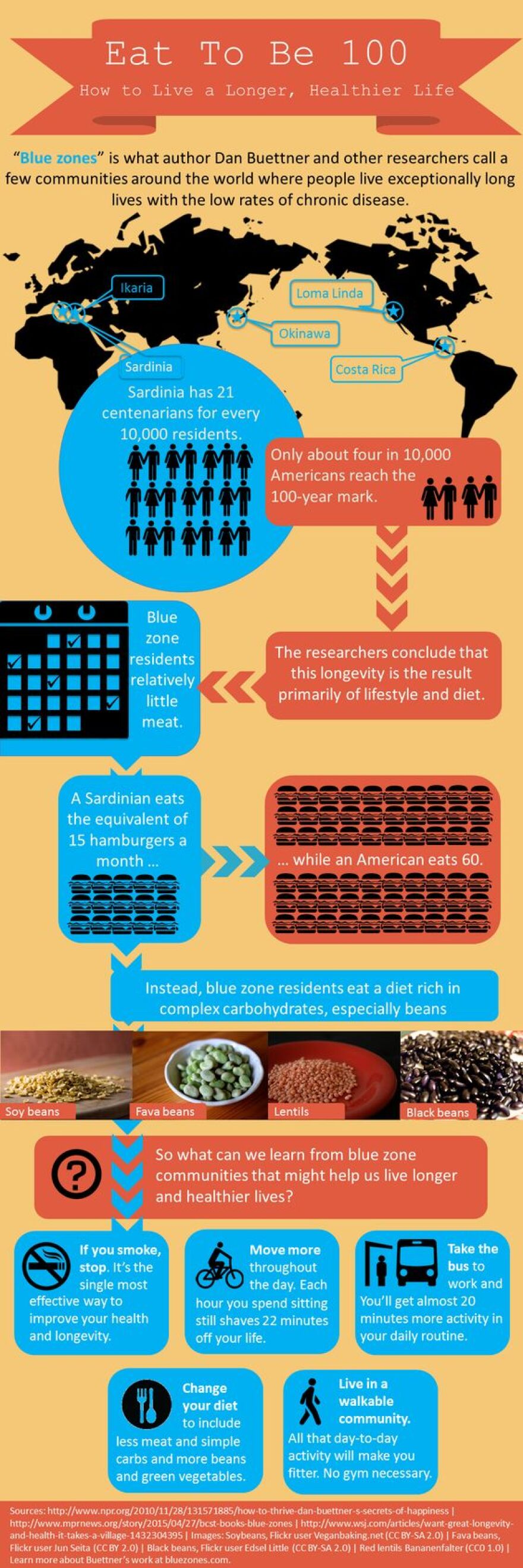Baptist Health Care in Pensacola is hosting an event on Friday, February 19 with Tony Buettner to talk about pockets of healthy populations around the world called “Blue Zones”. Meghan McCarthy, Director of Community Health and Wellness for Baptist Health Care, discussed the event and what we mean when we’re talking about “Blue Zones”.
McCarthy says Blue Zones are places all over the world where people are living happy and healthy lives past 100 years of age. "National Geographic identified these five Blue Zones all over the world where people were living tremendously long, healthy lives. There are 100 year olds that are surfing and riding bikes and seeing their great, great grandchildren. And we are going to try to make Pensacola the sixth Blue Zone".
On creating an "artificial Blue Zone": "Well, it's not going to be easy I will say that." McCarthy says they will try to learn from those cultures that were living naturally healthy lives and try to transform those methods to our area. "We sometimes think about health as being all will power and personal decision, but what we're learning from these Blue Zones is that our environment, our built environment, our communities, our cultural support are very powerful indicators of how healthy we are."
On the characteristics of a naturally occurring Blue Zone: McCarthy says it's certainly nothing shocking, beginning with diet. "That's the first question we get 'what are these people eating?' And they're very different. One area is in Japan where they are eating a lot of tofu. There are areas (where the people) eat a lot of seafood. But what they all have in common is a low processed food diet." The second thing these areas have in common is movement. "It's not going to the gym, it's not running marathons. It's high activities in daily life. Go for more walks, stand at work or at school. Have walkable cities and bikeable cities. And we know that a lot of big cities are making a lot of impact moving in that direction."


